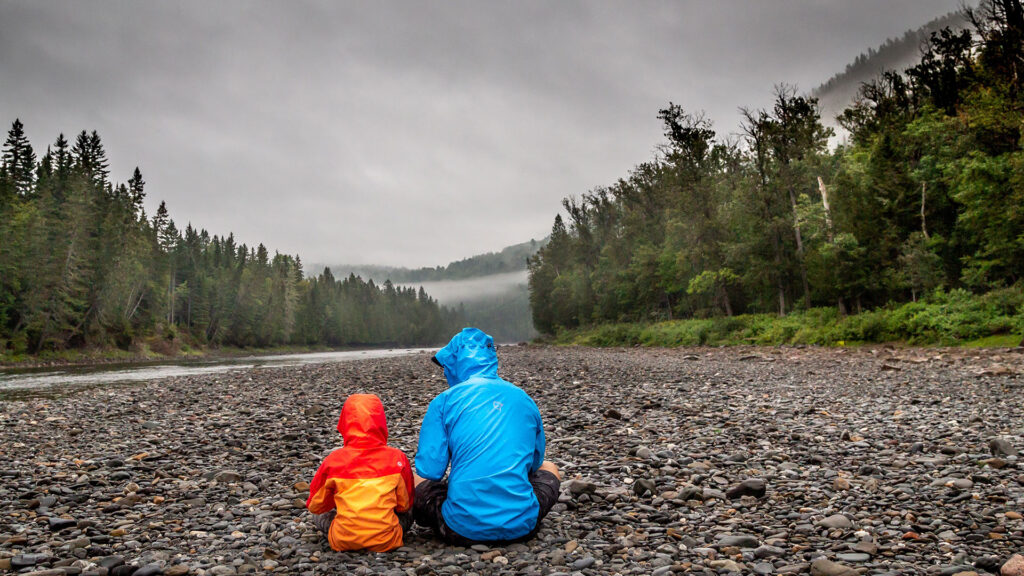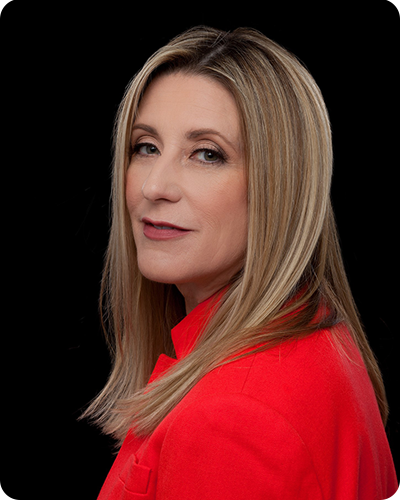This resource was published in 2022. The data may be out of date.
Estimated reading time: 4 minutes
“I have spent most of my teenage years living in a state of climate anxiety or as some call it, eco-anxiety. I should be dreaming about my future instead of having nightmares. I should be spending my time reading, writing, and skating – enjoying my youth. What am I anxious about, you ask? Most of Belfast will be uninhabitable by 2050 due to rising sea levels. I personally am motivated by fear to work on climate activism but it’s too much responsibility for young people to take on alone.” Anna Kernahan, age 18, Belfast.
Distress, anxiety, and anger are just some of the psychological impacts of the climate crisis on the well-being of children and young people worldwide. A recent study, the largest of its kind — asked 10,000 young people in 10 countries how they felt about climate change and government responses to it. Nearly 60% said they felt ‘very worried’ or ‘extremely worried’ and reported that this ‘eco-anxiety’ has a negative impact on their daily lives.
Increasing levels of stress and overwhelm, and feelings of loss, helplessness, and frustration of young people around the world are becoming more difficult to ignore. Their fear and distress over our planet’s future is often accompanied by guilt. Many young people feel that not enough is being done by the authorities to fix the situation and they worry that they will be unable to stop climate change. For some young people, the future looks so dire that they have decided against having children of their own.
How to help a child cope with eco-anxiety
Parents and caregivers have an active role to play in helping children and young people cope with feelings of anxiety. It starts with being aware of the signs.
Signs of anxiety in children
- fatigue, headaches, or stomach aches
- sleep disturbances
- not eating properly
- quickly getting angry or irritable and being out of control during outbursts
- constantly worrying or having negative thoughts
- feeling tense and fidgety
- finding it hard to concentrate
If you notice your child may be feeling anxiety, a good place to start is talking about it. Parents might feel hesitant about answering questions about climate change or may wish to avoid the topic, but a discussion can be helpful. Even if as a parent you don’t have the answers to all their questions, you can help a child to develop positive coping mechanisms.
Talking with children about climate change is a good way to help them cope, say the experts, such as the study co-author Caroline Hickman, a climate-psychology researcher at the University of Bath in the UK. Hickman points out that “children are infinitely more informed than their parents think, a lot of the time. ” Hickman encourages people to have “lots of conversations” with kids around climate change.
However, parents also need to calibrate the discussions they have with children of different ages, advises climate educator Harriet Shugarman, executive director of Climate Mama, an advocacy organisation for parents. In her book How to Talk to Your Kids About Climate Change, Shugarman points out that “when kids are coming to you with questions directly, we have to tell the truth, whatever age they’re at.” At the same time, we need to recognize that “kids do have power, and we want to try to work to build that up at each age,” she advises.
Channeling their anxiety to take positive action is a choice being made by growing numbers of young people across the globe. Young climate activists are connecting, discussing, and educating and empowering themselves to take action on climate change and turn their feelings of hopelessness into hope. 16-year-old Amy O’Brien is an activist with Fridays for Future Ireland, a youth movement that uses school strikes to campaign for climate justice. “Through activism, I’ve met so many other activists who really care about the climate crisis,” O’Brien says, and that gives her hope: “Hope is also now my driving force, like a little light pushing me to act.”






